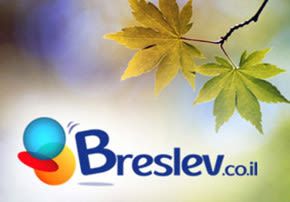
Trust and Worry are Mutually Exclusive
"Let your ears listen to the utterance of your mouth! You claim to have emuna, and in the same breath you say you're worried – that's mutually exclusive!...

Those who are buried in debt should spend at least an hour a day in personal prayer, seeking HaShem’s help, doing teshuva in general, and trying to correct the misdeeds that generated the debt. They should pray to HaShem for emuna and trust, until they build themselves a strong spiritual vessel of trust; such a vessel is a recipient for Divine blessings of abundance.
A young man complained to his rabbi about financial difficulties. The rabbi told him to pray to HaShem and request emuna. The young man protested, claiming that there’s nothing faulty with his emuna. "I have emuna!" he exclaimed, "but I’m worried about my old debts, my new bills, feeding and educating the children…"
The rabbi smiled, "Let your ears listen to the utterance of your mouth! You claim to have emuna, and in the same breath you say you’re worried – that’s mutually exclusive! The two don’t go together! A person that truly believes in HaShem doesn’t worry. He knows that HaShem will always feed and cloth him and his family. Here’s proof…"
The rabbi showed the young man a picture of his grandson, a smiling plump toddler with rosy cheeks playing in a sandbox. "Have you ever seen a worried three-year old? No! A toddler doesn’t have to worry – mommy and daddy are responsible for bringing home the bread! He continues playing in the sandbox – his task at this stage of life – and doesn’t worry. He hasn’t missed a meal up to now, and trusts that he won’t miss a meal in the future. By the same token, you should trust your Father in Heaven while concentrating on your own task in life, without worrying either. HaShem won’t let you miss a meal!"
The young man took a deep breath, letting the rabbi’s words penetrate his heart.
"Your task in life," continued the rabbi, "is to serve HaShem and to do teshuva; let HaShem take care of your financial situation and income worries. Speak to HaShem in this manner: ‘Master of the World, there’s no one else I can turn to but You, for the universe and all its contents are Yours, and You sustain all Your creations as You see fit. Therefore, my livelihood is certainly in Your hands alone and not up to me. Please, beloved Father in Heaven, send me my livelihood as You deem befitting, and teach me how to strengthen my faith, to serve You in happiness, and to have absolute trust in You and in whatever way You do things. Please, help me cling to You always."
The young man adopted the rabbi’s advice. The more he prayed, the more he strengthened his emuna.
Once a person believes with complete faith that HaShem is the only address for solving income problems, his or her heart fills with joy and trust, knowing deep down that HaShem doesn’t cast a loving son or daughter away. Just as HaShem always sent a means of sustenance in the past, He shall continue to do so in the future.
He Who Trusts in HaShem is Encompassed in Loving-kindness (Tehillim 32:10),
HaShem gives a person a livelihood with no connection to that person’s abilities or righteousness. Think about the example of a small child: When the child misbehaves, does the parent withhold food, clothing, shelter, or medical attention? Of course, not! If such is the case with humans – and HaShem is infinitely more merciful and compassionate than a human – it’s surely the case with HaShem! HaShem provides for His creations irregardless of their righteousness.
In the Amida prayer that we recite three times daily, we say that HaShem "sustains all life with loving-kindness" – we don’t say that HaShem sustains all life according to justice. In other words, HaShem provides a livelihood for everyone – as a result of His amazing loving-kindness – and not according to whether they deserve it or not. He Who grants life also grants sustenance.
Nevertheless, financial difficulties are frequently a message from HaShem for a person to start soul-searching. Our Sages point to certain transgressions that are directly detrimental to making a living. They include fraud, theft, dishonesty, anger, sadness, worry, spilling of one’s seed, birth control without a rabbinical sanction, and a breach of family purity. These transgressions are serious breaches of emuna; if a person suffers from financial troubles and is guilty of one or more of these transgressions, then confessing to HaShem and teshuva will most certainly be conducive to a better livelihood.
If a person is not guilty of one or more of the aforementioned transgressions, then his or her financial difficulties are messages from Heaven that they need to strengthen their emuna and trust. Therefore, to relieve financial difficulties, one should concentrate one’s spiritual efforts in reinforcing every aspect of faith in HaShem – learning about emuna, praying for emuna, performing a daily personal evaluation of one’s own emuna, and doing teshuva for any breach of emuna.
Livelihood is the prime proving ground for emuna. Here, one can’t "fake it," because the results of emuna are reflected in one’s inner peace, or lack of it. Either you believe that HaShem provides for you, or you run around in a frenzy thinking that you provide for yourself.
Rebbe Yitzchak Breiter, of blessed and saintly memory: A Lesson in Trust
Rebbe Yitzchak Breiter was a pious martyr who was murdered by the Nazis. Before World War II, he had a well-paying position as the accountant of a large Warsaw factory that enabled him to devote ample time to Torah study and to the service of HaShem.
When the pre-war economic depression hit Poland, Rebbe Yitzchak lost his job. The news of his layoff struck his family like lightning on a clear day, but Rebbe Yitzchak maintained his composure. Once he saw that there were literally no jobs available, he sat down in the House of Study and immersed himself in Torah and prayer. The more the national economy worsened, the more Rebbe Yitzchak remained glued to his Gemora. His trust in HaShem never wavered in the slightest.
Other people roamed the streets in search of a little bit of work or a loaf of bread. Yet, the Breiter family always had enough to eat. Miraculously, they received their livelihood from all sorts of unexpected sources.
One day, while Rebbe Yitzchak was sitting in the House of Study absorbed in a complicated question of Talmudic Law, a total stranger approached him and handed him a sizable donation. Rebbe Yitzchak showed no surprise or excitement, politely thanked the man, blessed him, and returned to his learning. The donor began to leave, but made an about-face when he reached the doorway.
"Excuse me, rabbi, but a certain question sticks in my mind and bothers me," said the donor. "Dovid HaMelech [King David] said [Tehillim 37:25], ‘I have been a youth and also aged, but I have not seen a righteous man forsaken nor his offspring begging for bread.’ If so, how is it that a righteous man like you – who learns Torah and serves HaShem day and night – has to appeal to others for his livelihood?"
Rebbe Yitzchak pondered the question for a moment, and replied, "Go to the market place, to so-and-so, the rich man’s store, and see how his son stands on the sidewalk in front of the store hawking for customers; the boy is hoarse by the time he succeeds in convincing someone to come inside and buy something from his father. So, isn’t so-and-so’s offspring begging for bread? Yet, I sit here learning Torah and praying to HaShem; did you see me call out to anyone? Did I appeal to you for a cent? You approached me on your own initiative and gave me just what I needed for my family’s sustenance."
Our Sages teach that as soon as people believe that HaShem provides for them, they earn a portion in the World to Come. The Gemora explains (Tractate Berachot 4b) that anyone who says Tehillim 145 three times a day merits a portion in the World to Come, since this particular Tehilla is conducive to emuna and trust in HaShem, as it states in verse 16, "You open Your hands and provide for every living thing." While emuna and trust enhance one’s income, worry destroys it.
Rebbe Nachman of Breslev cites several Talmudic concepts that link one’s livelihood to emuna (see Sefer HaMidot, Emuna). For example, a person with emuna is destined to be wealthy; emuna invokes enhanced income; the happiness that comes from emuna invokes success; one who includes HaShem’s name (i.e. prayer) merits a doubled income; emuna is conducive to livelihood and more…
Consequently, our main efforts in making a living should be the constant strengthening of our emuna and trust in HaShem. With emuna, all our needs are fulfilled.
To be continued…




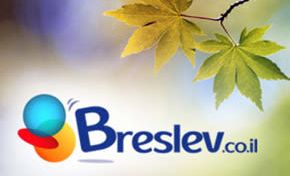
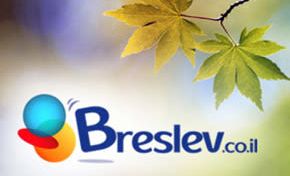
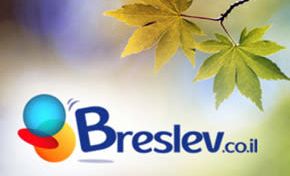
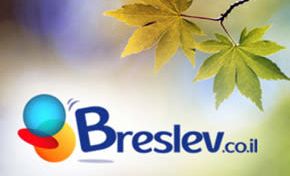
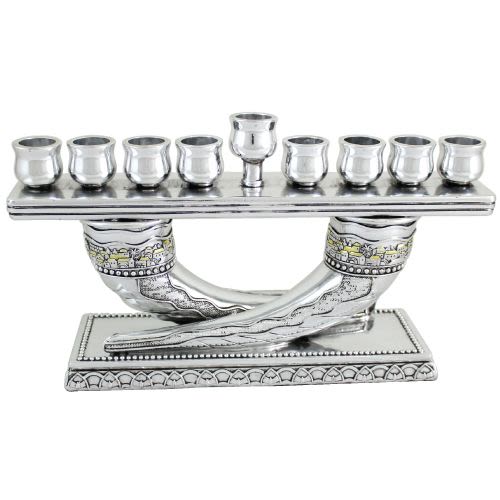

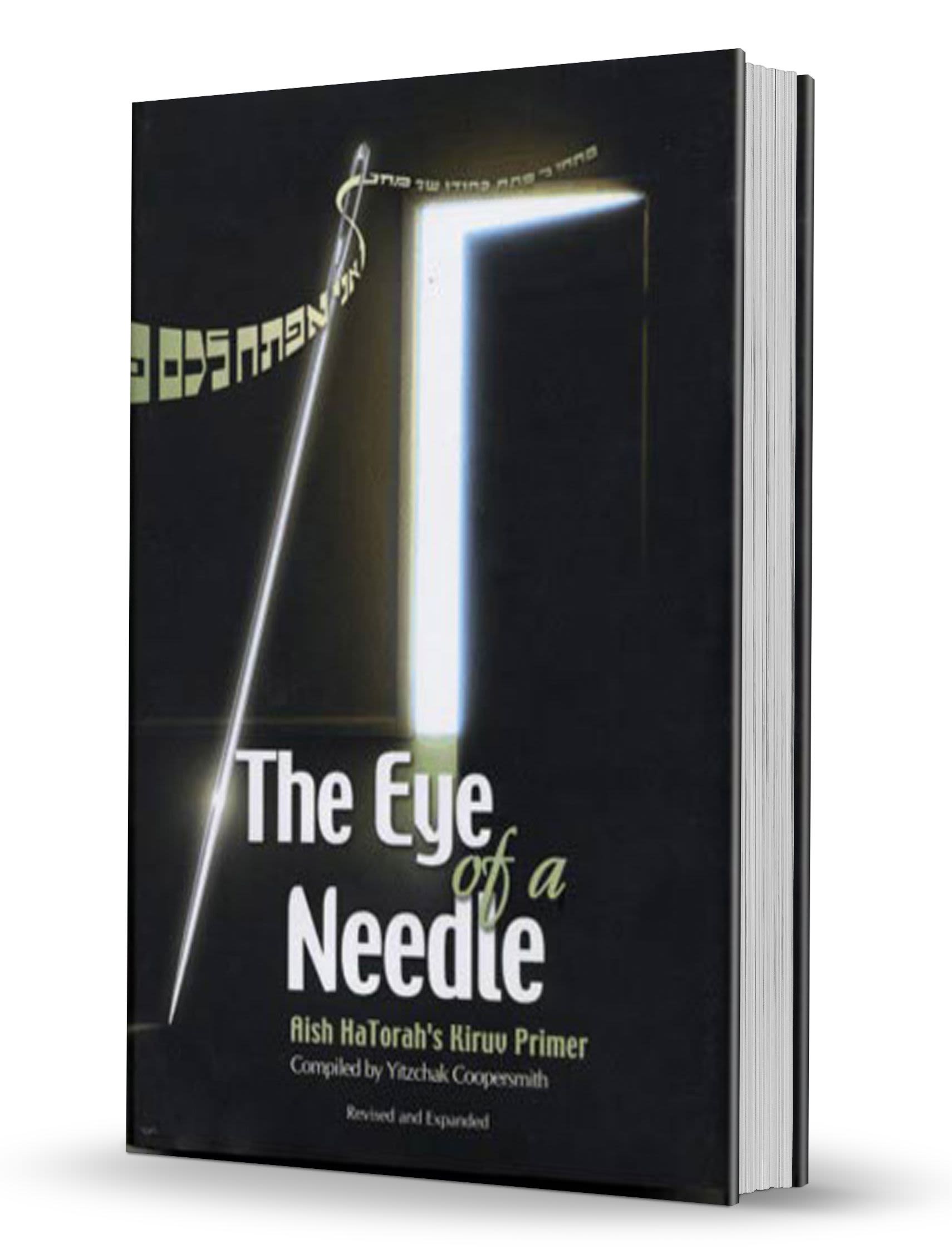
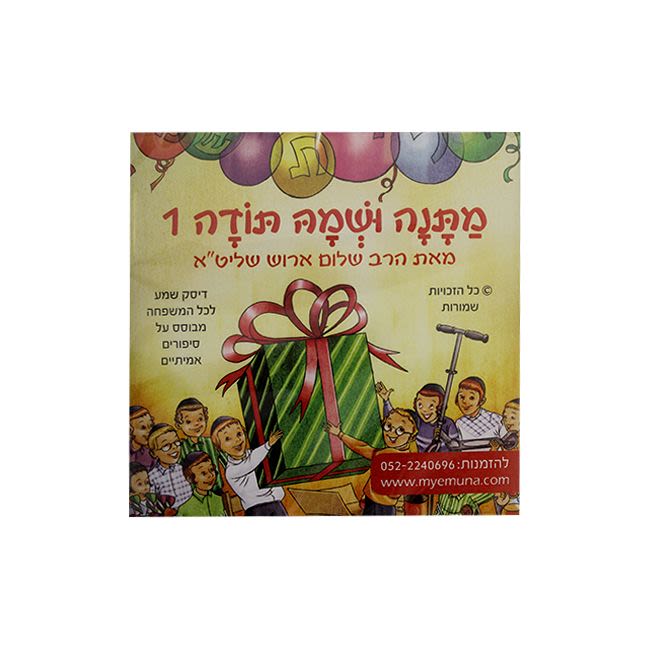
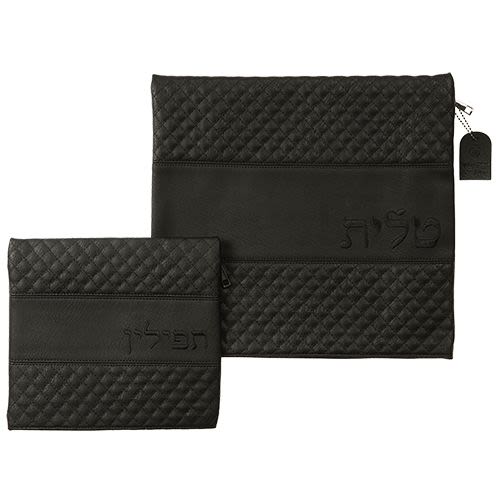
Tell us what you think!
Thank you for your comment!
It will be published after approval by the Editor.